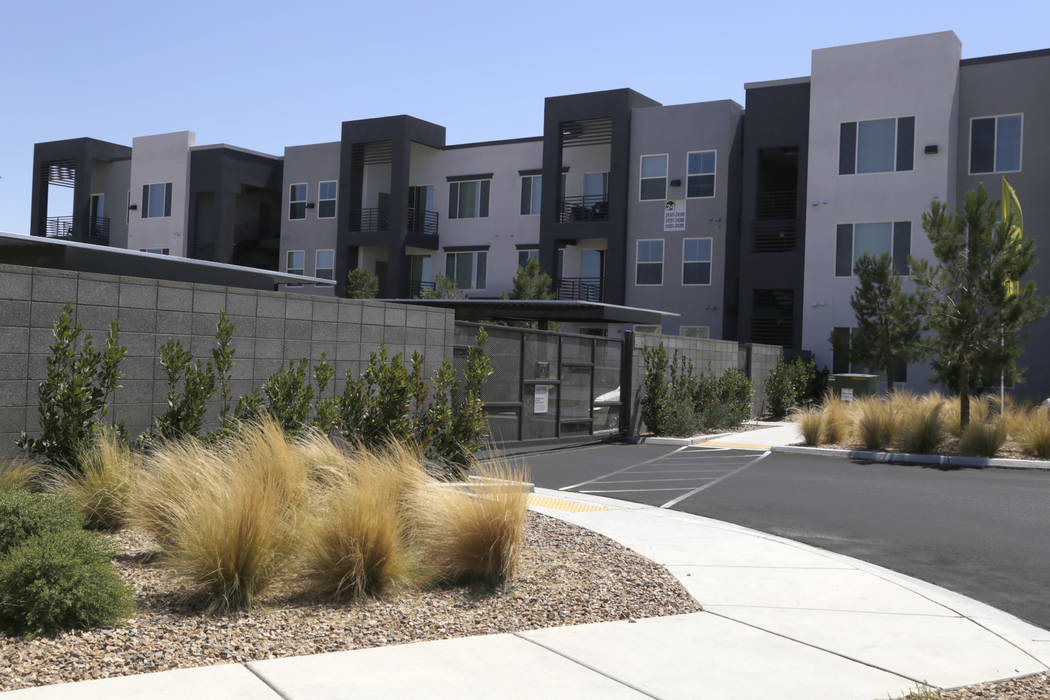EDITORIAL: Why rent control isn’t the solution to high housing prices
One of the most perplexing things in politics is the stubborn persistence of failed ideas. Consider rent control.
Rent control is experiencing a resurgence. In Las Vegas last September, Democratic presidential candidate Bernie Sanders unveiled a national rent control plan. States, including California and Oregon, passed new rent control measures in 2019. Last year, Nevada state Sen. Julia Ratti, D-Sparks, proposed a bill that would have allowed local governments to impose rent control.
If only providing affordable housing were this simple. But it’s not, as Michael Hendrix, director of state and local policy for the Manhattan Institute, details in a new report.
Mr. Hendrix acknowledges that rent control does benefit current tenants for a short time. Its second and third-order effects, however, are extremely counterproductive. Consider San Francisco, which enacted a rent-control provision in 1994. Mr. Hendrix reports that the number of people living in rent-controlled units declined by 25 percent after its passage.
“Property owners were converting rental apartments into condominiums and replacing structures with new buildings, resulting in a decline in housing supply and making rent increases likelier over the long run,” Mr. Hendrix wrote. “True to form, rental housing overall shrank by 6 percent, resulting in a 5.1 percent increase in rents across San Francisco.”
These increases shouldn’t have been a surprise, even in the 1990s. A 1968 study of New York City’s rent control policy found it boosted prices in non-rent controlled apartments by 22 to 25 percent.
Rent control also decreases the incentive to build new apartment buildings. Because affordable housing depends on increasing the number of available housing units, this is counterproductive.
In the aftermath of the deadly fire at the Alpine apartments, another unintended consequence of rent control should be sobering. When landlords can’t increase rents, they often stop spending money maintaining rental units.
“The quality of rent-controlled housing generally decays through a lack of investment in maintenance and improvements until it reaches a level supported by the below-market rents,” Mr. Hendrix notes.
Over the long term, that lack of investment can lower property values, which can reduce property tax collections. That can strain school and local government budgets.
High rents telegraph that there isn’t enough housing to meet demand. Rent control doesn’t fix that problem. Except for a lucky few renters, it exacerbates it.
Lawmakers who are concerned about high rental costs should take steps — from eliminating red tape to making more land available for development — to increase construction. This will provide the long-term solution rent control promises but will never deliver.

















